Atypical Hemolytic Uremic Syndrome (aHUS) | Best Hospital in Rewari
Atypical Hemolytic Uremic Syndrome (aHUS) is a rare and life-threatening autoimmune disorder characterized by abnormal activation of the complement system. It destroys red blood cells, platelet counts, and cause acute kidney injury. Diagnosis is difficult, and treatment involves expensive medicines to suppress the immune response and in severe cases, kidney transplantation is the only way to treat this.
Unlike typical HUS, primarily associated with bacterial infections, aHUS has no infectious trigger. Instead, it is an autoimmune disorder caused by overactivation of the complement system, a part of the immune system responsible for defending against pathogens. In aHUS, this defense mechanism mistakenly target healthy cells and tissues, particularly within the blood vessels and kidneys.
The Stealthy Onset
Symptoms begin abruptly, and their nonspecific nature often leads to misdiagnosis or delayed diagnosis. Patients experience fatigue, weakness, paleness, and easy bruising due to the hemolytic anemia. Thrombocytopenia lead to uncontrolled bleeding or bruising, further complicating treatment cycle.
The real nightmare is when the kidneys are affected. As the complement system damages the delicate filters within the kidneys, patients may notice dark, bloody urine, decreased urine output, and swelling in their legs and face. These signs of acute kidney injury are often the tipping point that prompts medical attention.
aHUS Diagnosis in Haryana
Diagnosing aHUS in absence of a definitive diagnostic test compounds is a the challenge. Instead, nephrologists rely on observations, laboratory tests, and genetic analysis together.
-
Nephrologist must rule out potential causes of hemolytic anemia, thrombocytopenia, and kidney injury. This requires extensive blood tests, urine analysis, and imaging studies. In some cases, a kidney biopsy is necessary to confirm.
-
A significant proportion of cases are linked to mutations in genes responsible for regulating the complement system. These mutations render the system hyperactive, paving the way for uncontrolled tissue damage. Identifying these genetic variants can help guide treatment decisions and assess the risk of familial inheritance.
Organ Damage due to aHUS
aHUS doesn't stop at the kidneys. The widespread damage lead to a host of life-threatening complications.
Neurological symptoms, though less common, occur as the complement system's aberrant activity affects the brain. Patients may experience confusion, seizures, or even strokes. The heart, too, is not spared, with some individuals developing arrhythmias or heart failure due to the strain on the cardiovascular system.
Gastrointestinal complications may manifest as abdominal pain, nausea, vomiting, and diarrhea. As the condition progresses, patients may become severely malnourished, adding another layer of complexity to their already compromised health.
aHUS Treatment in Haryana | Top Hospital in Rewari
Once diagnosed, treatment of aHUS begins, and it's a challenging one. Given the autoimmune nature of the disease, the primary target is to quell the hyperactive complement system.:
Eculizumab, a monoclonal antibody that specifically inhibits the complement cascade, has revolutionized aHUS treatment. By blocking the pathway responsible for cell and tissue destruction, it can halt the progression of the disease and improve outcomes. However, its astronomical cost poses significant challenges, limiting accessibility for many patients.
Plasma exchange or plasma infusion is one therapeutic option. To remove the misbehaving antibodies and complement proteins from the bloodstream, temporarily alleviating symptoms. However, this is not a long-term solution and is less effective in the presence of certain genetic mutations.
In severe cases, kidney transplant becomes necessary when the damage is irreversible. However, aHUS recur in the transplanted kidney if the underlying complement system dysfunction is not treated.
Mental Health Issues from aHUS
aHUS exacts a profound psychological and emotional toll on patients and their families. The relentless uncertainty, debilitating symptoms, and financial burden of treatment lead to anxiety, depression, and a sense of isolation.
Atypical Hemolytic Uremic Syndrome is a complex, relentless, and often misunderstood condition. Its rarity and diagnostic challenges mean that many individuals suffer in silence, facing an uphill battle against their own immune system.
The key to improving outcomes for aHUS patients lies in meeting a well known nephrologist doctor from a good Hospital in Rewari and get early diagnosis, and for treatments like eculizumab.
The key to improving outcomes for aHUS patients lies in meeting a well known nephrologist doctor from a good Hospital in Rewariand get early diagnosis, and for treatments like eculizumab.
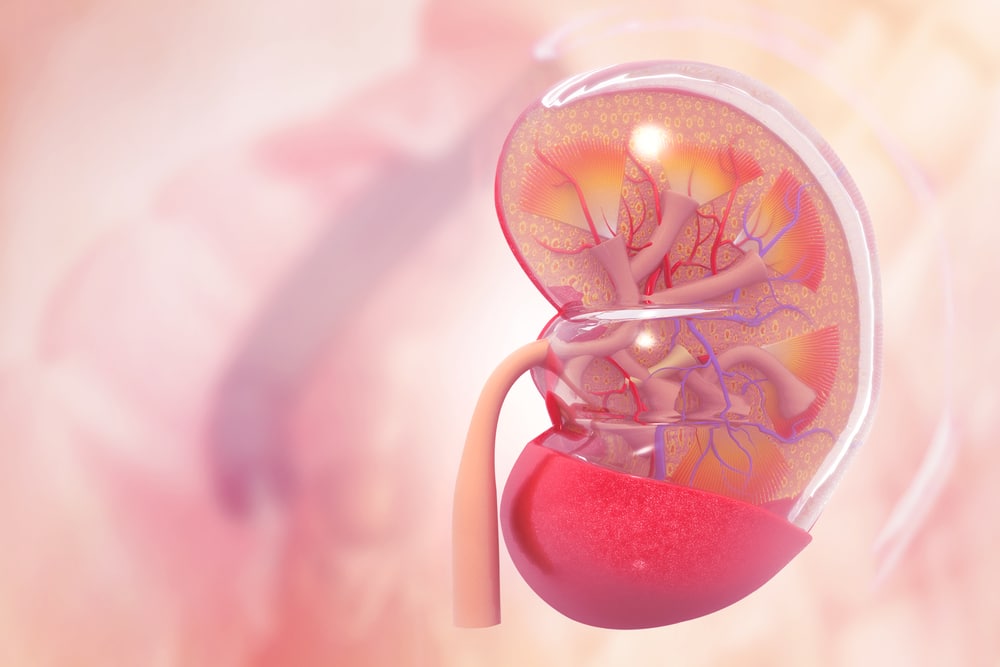
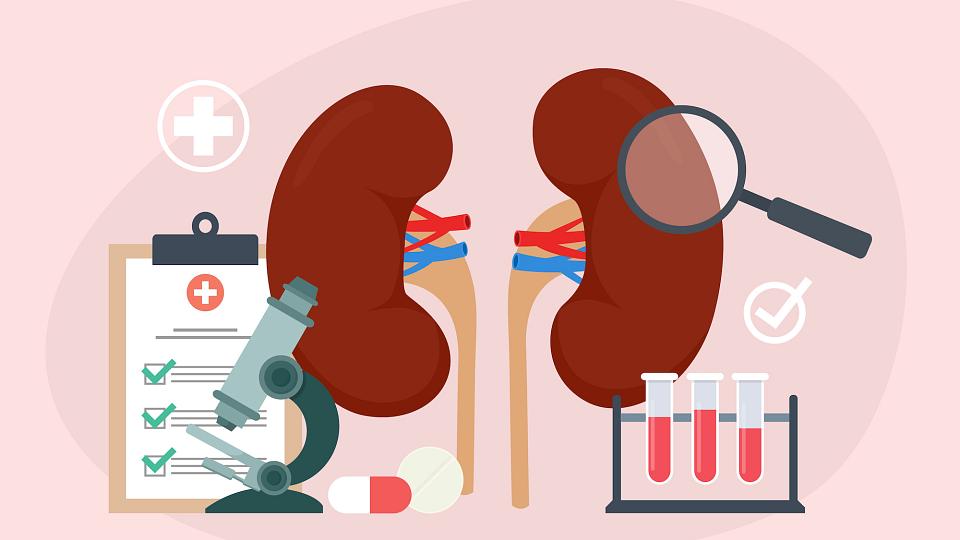


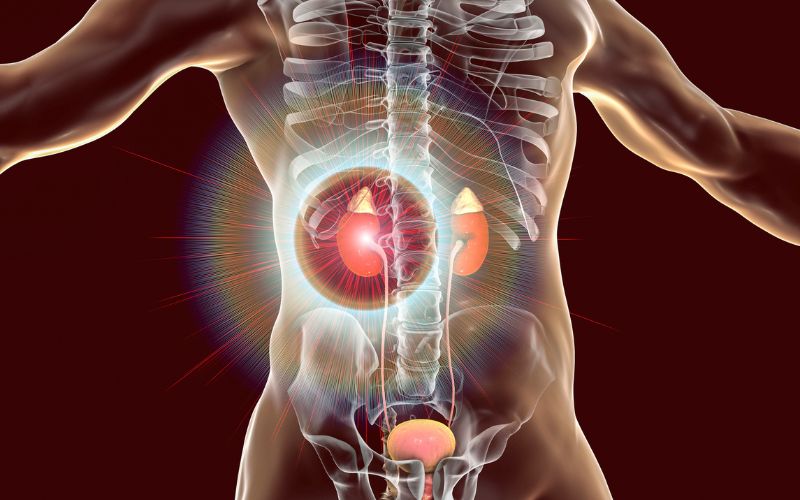
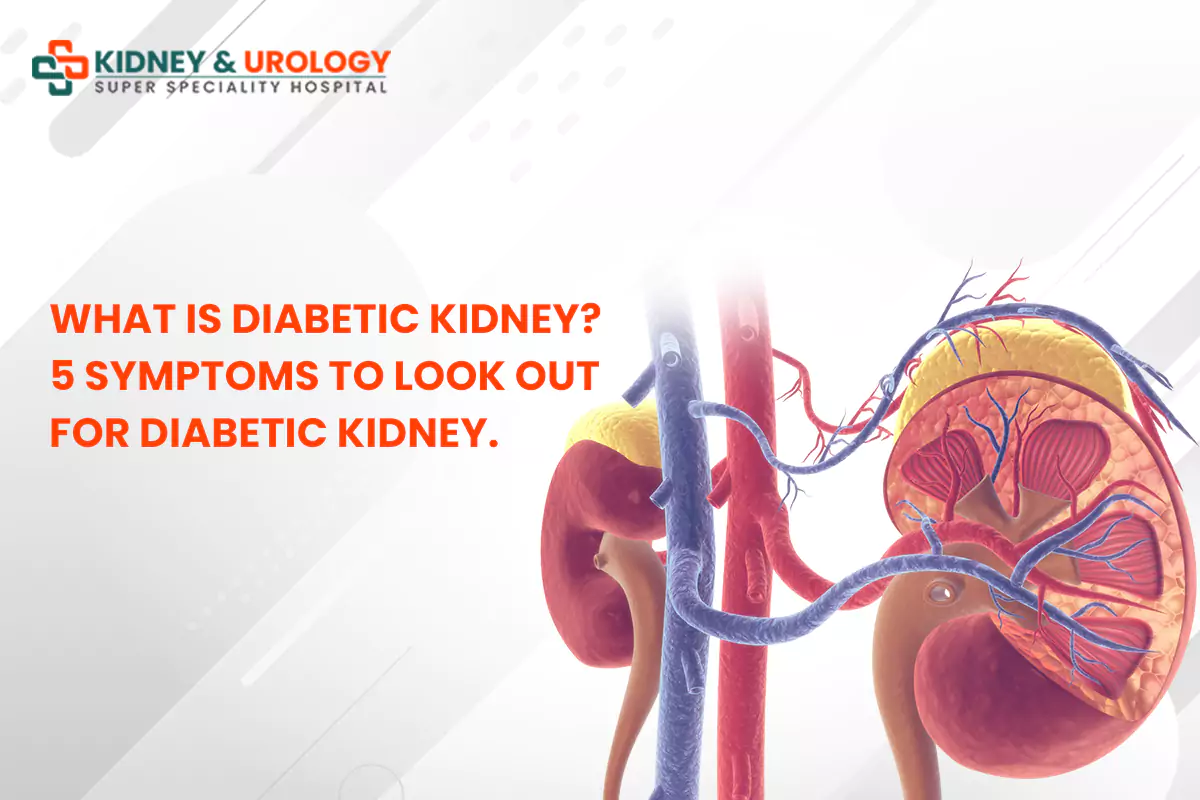
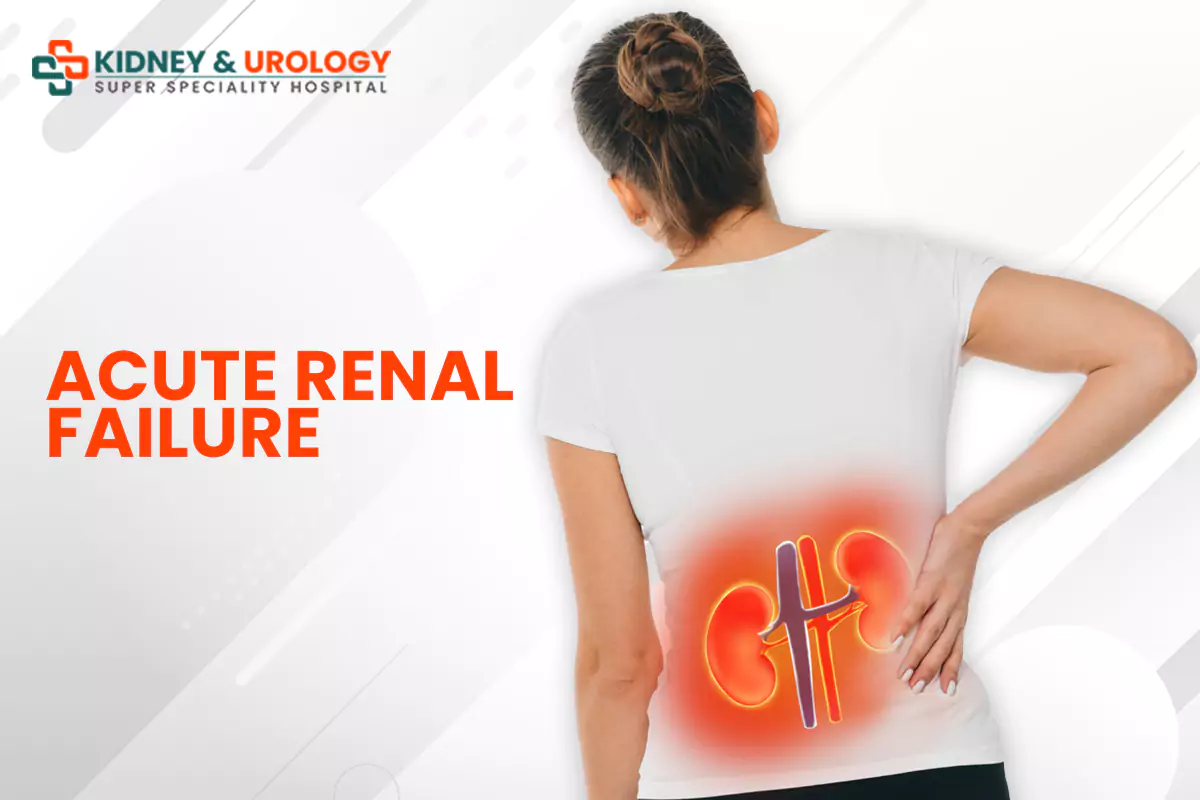







Request A Callback